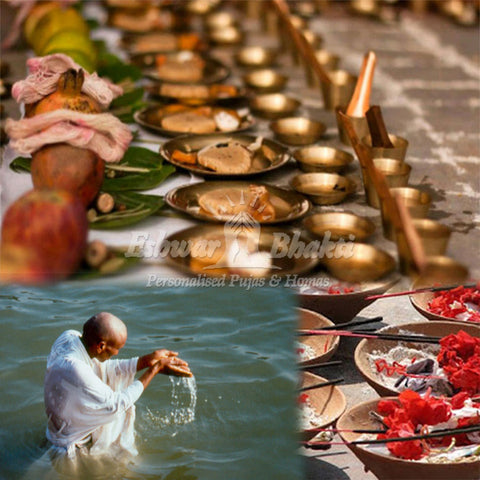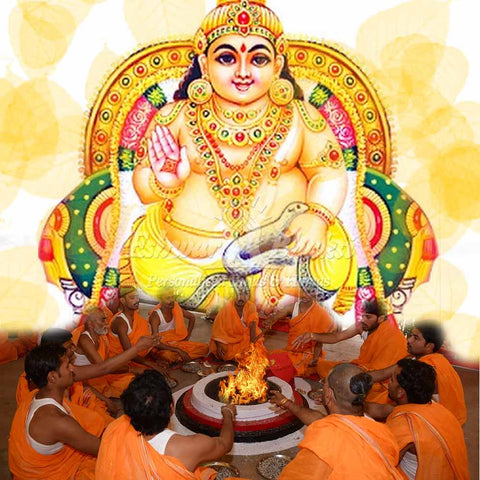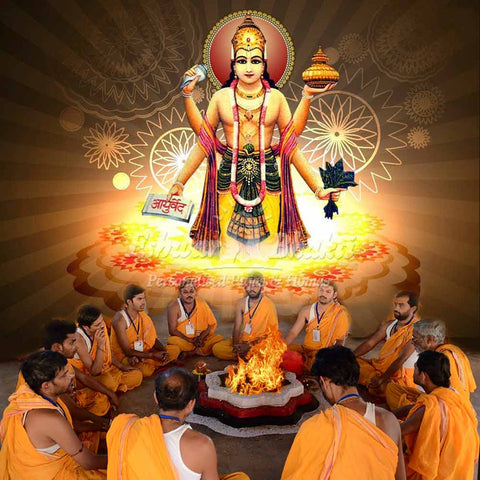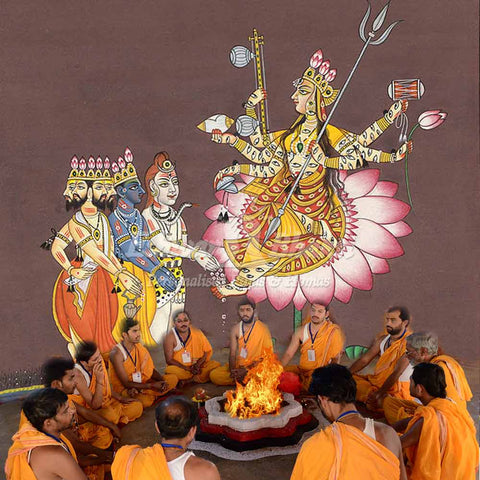Akshaya Tritiya
 Akshaya Tritiya is an auspicious Hindu festival that falls on the third tithi of the brighter half (waxing lunar phase) in the Hindu lunar month Vaisakha. According to scriptures, it is an extremely promising day for starting anything new. Thus, Hindus like to purchase gold, silver, other valuables goods and offer special prayers at home with a belief that it will bring good luck and drive away the pall of fear and morbidity from their life. Hind seers and astrologers give much importance to this day, as it coincides with the Rohini Nakshatra, which is believed to be a lucky star.
Akshaya Tritiya is an auspicious Hindu festival that falls on the third tithi of the brighter half (waxing lunar phase) in the Hindu lunar month Vaisakha. According to scriptures, it is an extremely promising day for starting anything new. Thus, Hindus like to purchase gold, silver, other valuables goods and offer special prayers at home with a belief that it will bring good luck and drive away the pall of fear and morbidity from their life. Hind seers and astrologers give much importance to this day, as it coincides with the Rohini Nakshatra, which is believed to be a lucky star.
The Sanskrit word Akshaya means “never diminishing”. This auspicious day brings eternal sunshine and peace in the lives of people who worship Laxmi Narayana with a complete fast on this day. In Hinduism, this day is considered a mark of a new beginning and success. As per Hindu philosophy and culture, this day is called Sarva Siddhi Day and one can perform any auspicious activity or ceremony like house warming, marriage ceremony, purchasing of land, property, vehicle, gold, or other precious items. If one is unable to find an auspicious time for the marriage throughout the year due to planetary position in the horoscope, then he/she can fix the day of marriage on Akshaya Tritiya without consulting any astrologer. On this auspicious day, thousands of marriages take place in the Indian States like Rajasthan, Madhya Pradesh, Chhattisgarh, Orrisa, and Bengal with a belief that performing marriage ceremonies on this day gives longevity to matrimonial life.
Celebrating Akshaya Tritiya: India as a diversified country celebrate Akshaya Tritiya by different names. In Chhattisgarh, Akshaya Tritiya is popular by the name Akti whereas in Rajasthan and Gujarat the festival is called Akha Teej. This auspicious day is called Akshaya Tritiya, because the donations, pilgrimages, japas, and homas performed on this day give multi-fold results than doing the same on any other ordinary day. According to the stories of different holy books, on the day of Akshay Tritiya, Lord Kubera, the God of wealth prayed to Goddess Lakshmi which led to a propitious rain of wealth, money, and blessings on Him. This is the reason people from the Hindu religion worship Lord Vishnu and Goddess Laxmi on this day. Hindus, after taking a bath in the morning, worship Laxmi, Vishnu, and Ganesh. We offer basil leaves from tulsi plant, flowers, sugar candies to the deities. We recite mantras, Vrata Katha, and perform the aarti to conclude the puja. Along with this, if anyone makes donations or offer food and clothes to the needy people, it will bring great results.
As per Vedic texts, chanting of the following mantra 108 times brings good fortune: ”Om Hreem Hreem Shreem Shreem Laxminarayanabhayam Namah”
Legends & Significance of Akshaya Tritiya:
• As per Hindu event astrology (Muhurta), three lunar days (tithes) are most auspicious. These are called Sade-Teen (3½) Muhurtas and Akshay Tritiya is one of them. Astrologically, it is believed that, on this day the Sun and the Moon are at their most exalted positions.
• As per the teachings of Vedic scriptures, ‘treta yuga’ started from Akshaya Tritiya and ‘Nara Narayana’ also incarnated on this day. Traditionally this day is also observed as the birthday of Lord Parashurama. According to Puranas, Lord Vishnu incarnated in the form of ‘Parashurama’ (the sixth avatar) on this day.
• Another legend says, Goddess Annapurna (Lakshmi) appeared from the sea and the river Ganga, the most sacred river on earth, descended on the earth on this day.
• On this day sage Vyasa started reciting the history of the great Bharat war and Lord Ganesh began composing it in the form of an epic Mahabharata.
• On this auspicious day, Sudama, the best friend of Lord Krishna visited Him with a pure heart. With nothing to offer, Sudama took Poha (puffed rice) along with him and offered it to Krishna, but never discussed his poverty, though he intends to. On his return, Sudama finds his hut changed to a palace with the blessings of merciful Lord Krishna.
• According to a plot from the epic Mahabharat, Lord Krishna presented an Akshaya Patra to the Pandava queen Draupadi during their exile in the forests. Later that Akshaya Patra was used to serve food for all the needy in that region.
• As per thousand years old tradition of the holy pilgrimage ‘Badrinath’, the temple gates are opened for darshan from this day after a gap of four months. The famous ‘Banke Bihari temple’ in Vrindavan, also opens the darshan of ‘Sri Vighraha’ (lotus feet of the deity) on this day. Otherwise, they remain covered with clothes throughout the year.
• In the state of Odisha, farmers start ploughing their land, and construction of chariots begins at Puri temple for the world-famous Rath Yatra. This day is generally observed by fasting and worshipping Lord Vishnu and Goddess Lakshmi. A dip in the river Ganges on this day is believed to be very auspicious.
• The Vedic scriptures say that charity done on Akshay Tritiya is very fruitful. It is considered very auspicious to start a new venture, and buying gold or property, on this day.
• Hindus also believe that it is quite auspicious to perform Shraadh ritual for the ancestors on this day. One must donate barley, wheat, grams, sattu, curd-rice, things made of milk, etc. in the name of ancestors and after that he must offer food and dakshina to a pandit (Hindu priest).
Summary: Akshaya Tritiya is a major springtime festival for the people of Sanatana Dharma. The word Akshaya means endless. Hence, the benefits of performing any Japa, Yagna, Pitra-Shraddha, Daan-Punya (donation of money/food/cloth/articles) on this day never diminish and remain with that person forever. Being Akshaya day, it is believed that buying gold, land, and property on this day, will never diminish and would continue to grow with them. Ancient texts and Vedic astrologers advocate that Akshaya Tritiya is an auspicious day free from all malefic effects of planets and a perfect day to start any auspicious ceremony or events.





Comments
A well documented message to refresh our memory about lkoour rich traditions